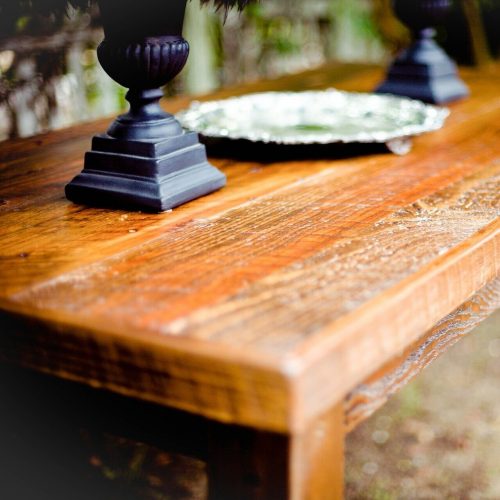
What does “Tirar la Casa por la Ventana” Mean?
 Dear Frank,
Dear Frank,
Spanish expressions are probably as essential to understanding everyday conversations as basic grammar. However, you might not always learn them in your language classes—especially if you are studying general Spanish or your Spanish teacher is from a different country where you are traveling or living abroad. We have an Ultimate Guide to Spanish expressions and today we are adding a new one to the list: Tirar la casa por la ventana.
We recently filmed a video all about expressions and where they come from with David from Your Spanish Guide and this is one of the expressions he taught us about. The video is available for you in Spanish (with Spanish and English subtitles) here but we liked this expression so much we wanted to dive into it a little deeper.
Rough English Translation: Throw the house out of the window
To “throw the house out of the window” doesn’t make any sense to us either, so don’t worry! However, once we give you a little bit of context and background, you might be able to understand better what this expression actually means and how it is used in Spain.
 How it is used:
How it is used:
This is one of those expressions that you cannot translate directly to English because it would make absolutely no sense! When used in context, this expression means to spend a lot of money on something. Like us, you might not be sure how this came about because throwing the house out of the window and spending lots of money don’t really seem to have much of a correlation. That is why it is always good to talk with people who know about these kinds of things!
In our video with David, you will see that we dive into the history of this expression, which makes a lot of sense. Back in the day, before times of Ikea furniture and other less expensive options, furniture used to cost a lot of money and people would oftentimes only buy a set once in their lifetimes (or use a set they were gifted). However, when people won the lottery, it was common that they would buy a totally new set of furniture and get rid of the old stuff. David explained to us that when people would do this, they would carefully bring the new furniture in but didn’t really care about the old stuff. Instead of carrying it back down the stairs, they would just throw it out of the window.
We can see how, in this case, there is a strong historical connection between the expression and how it is used today. By saying “tirar la casa por la ventana” what you are really saying is that you will spend a lot of money on something new or, at the same time, you can also use this expression when you are not getting rid of anything but just enjoying an experience such as a holiday or a nice dinner out.
 Two Examples in Context
Two Examples in Context
Imagine that you are planning a holiday with your family for the first time in years. You have saved for this moment for ages and you are planning on really enjoying yourself. If asked about your holiday, you may say, for example, that on this holiday you are going to “tirar la casa por la ventana” because you are planning on spending all the money you have saved.
Alternatively, if it is your partner’s birthday and you want to pull out all the stops on his/her birthday dinner, you might say that you are going to “tirar la casa por la ventana.” A conversation with your friend might be something like:
A: ¡Hola! ¿Qué tal? Hoy es el cumple de Max, ¿no? ¿Qué tienes planeado?
B: ¡Hola! Pues sí, hice una reserva en su restaurante favorito.
A: Uff, pues ese sitio es caro, ¿no?
B: ¡Sí! Pero estoy pensando en tirar la casa por la ventana. No se cumplen 40 años todos los días. ¡Hay que celebrarlo!
A: Hey! How are you? Today is Max’s birthday, isn’t it? What plans do you have?
B: Hey! Yes it is, I made a reservation at his favorite restaurant.
A: Uff, that place is expensive, isn’t it?
B: Yes, but today I am thinking to “tirar la casa por la ventana.” You don’t turn 40 every day. We have to celebrate!
Our Personal Advice:
We love the history behind this expression and find it fascinating how history can impact the way we speak today. We would recommend including it in situations where you feel comfortable expressing that you are going to spend a lot of money on something specific. Also, keep your ears open for native speakers using this expression and see how they use it in everyday contexts.





2 Comments
luisjavier1@gmail.com
Is there an expression to say that in English?
Sincerely, Spain
Hey Luis,
Thanks for this question! We wish we could tell you there was a simple translation for this but there isn’t. If you are going to spend a bunch of money on something, you might say you are going to "splurge" or that you are planning on "spending the big bucks." We hope this helps!
Sincerely,
Dani and Claudia